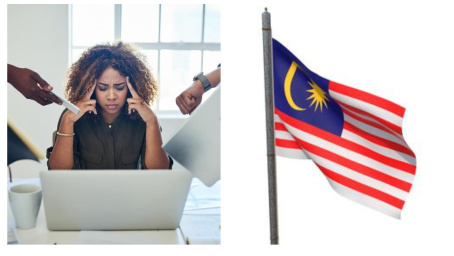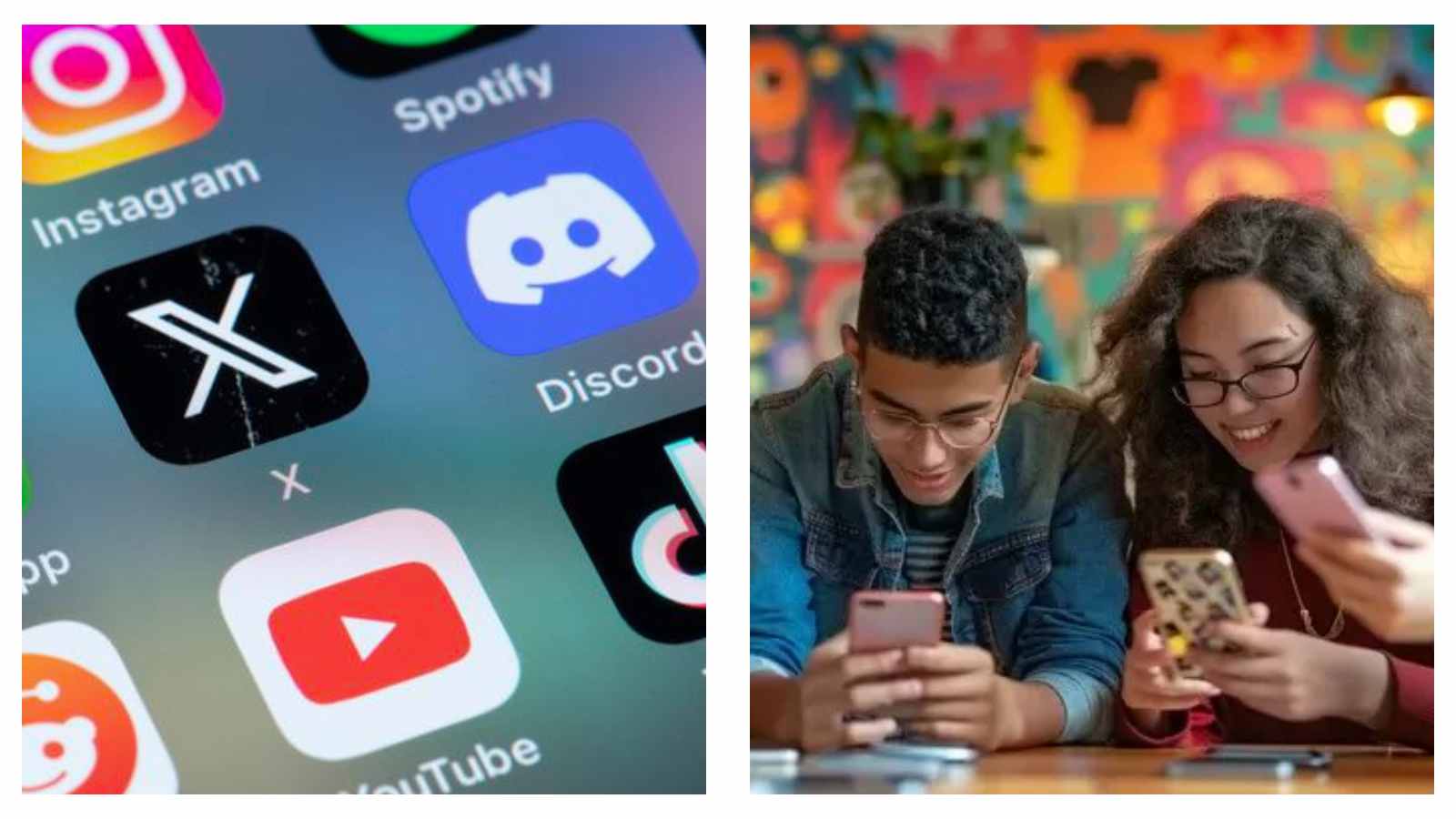By Wendellyn Mateo
Hot on the heels of explosive technological tools like artificial intelligence and the Internet of Things brings not only the rapid progression of innovation but also a myriad of concerns about its impacts on the most vulnerable sections of society.
This time, officials are setting their sights on social media and how it affects children.
In November 2024, Australia unveiled a landmark legislation seeking to ban minors under 16 from accessing social networks in a bid to protect children online.
The law will require firms to take “reasonable steps” on the matter when it enters force in December 2025 or risk getting fined, according to a report from The Guardian.
However, the impact of social media on children is still up for debate, leaving the stage open for officials, scholars and tech firms to discuss how far-reaching efforts should be and whether a total ban is justified to mitigate concerns.
Mongolia follows suit
Just in February, Mongolia Minister of Education Naranbayar Purevsuren announced the country was looking into establishing a similar law, with Australia’s recent ban used as a reference alongside other relevant laws enacted in other countries.
The minister said it was crucial to arrive at a social consensus on the issue via discussions and consultations.
Cited was a 2020 survey – “Children’s Safety in the Online Environment” – that revealed 87 percent of minors experienced online abuse and that 60 percent of them never told their parents or guardians.
It also showed that 91 percent of parents believed their children had never faced online attacks, the Asia News Network cited.
“Protecting our children from inappropriate content and online risks is a responsibility we must take seriously,” he said.
However, he also assured these efforts will not affect children’s right to access educational content on certain platforms.
YOU MAY ALSO LIKE: Malaysia’s workforce faces rising mental health crisis

Debate goes on
In the United Kingdom, technology secretary Peter Kyle has walked back previous statements about a similar move, saying there were no plans for a social media ban for under-16s in a January statement, according to The Guardian.
Yet the prospect of a ban garnered support from some big businessmen, including Microsoft co-founder Bill Gates, who said “There’s a good chance that that’s a smart thing” about Australia’s move.
Talks of banning social media were also welcomed by parents.
“It exposes them to a myriad of unacceptable content, including pornography, nudity, bullying and harassment, that they simply aren’t equipped to handle,” Vicky Borman, a mother of three, said.
However, for Molly Rose Foundation chief executive officer Andy Burrows, an outright ban isn’t necessarily the answer to these concerns.
“The reality is that if we pull up the drawbridge on social media platforms, those bad actors won’t disappear.
“They will simply migrate to gaming and messaging services, and the risk would be that the volume of harm on those platforms then becomes unmanageable.”
The aim of the Molly Rose Foundation is suicide prevention, targeted towards young people under the age of 25, founded after Molly’s death in 2017.
Sonia Livingstone, a professor of social psychology at the London School of Economics and a specialist in children and social media, also expressed doubts, saying that a ban isn’t as straightforward as it seems.
“A ban is meant to be a ban on technology companies making problematic products available to children, and it very quickly becomes a ban on children accessing technology,” she said.
But Livingstone believes many of the current protections for child users on social media that are mostly enacted by social media platforms are “not very transparent or stable” either.
READ NEXT: Live-action remakes of classic animated films: Do they work?
